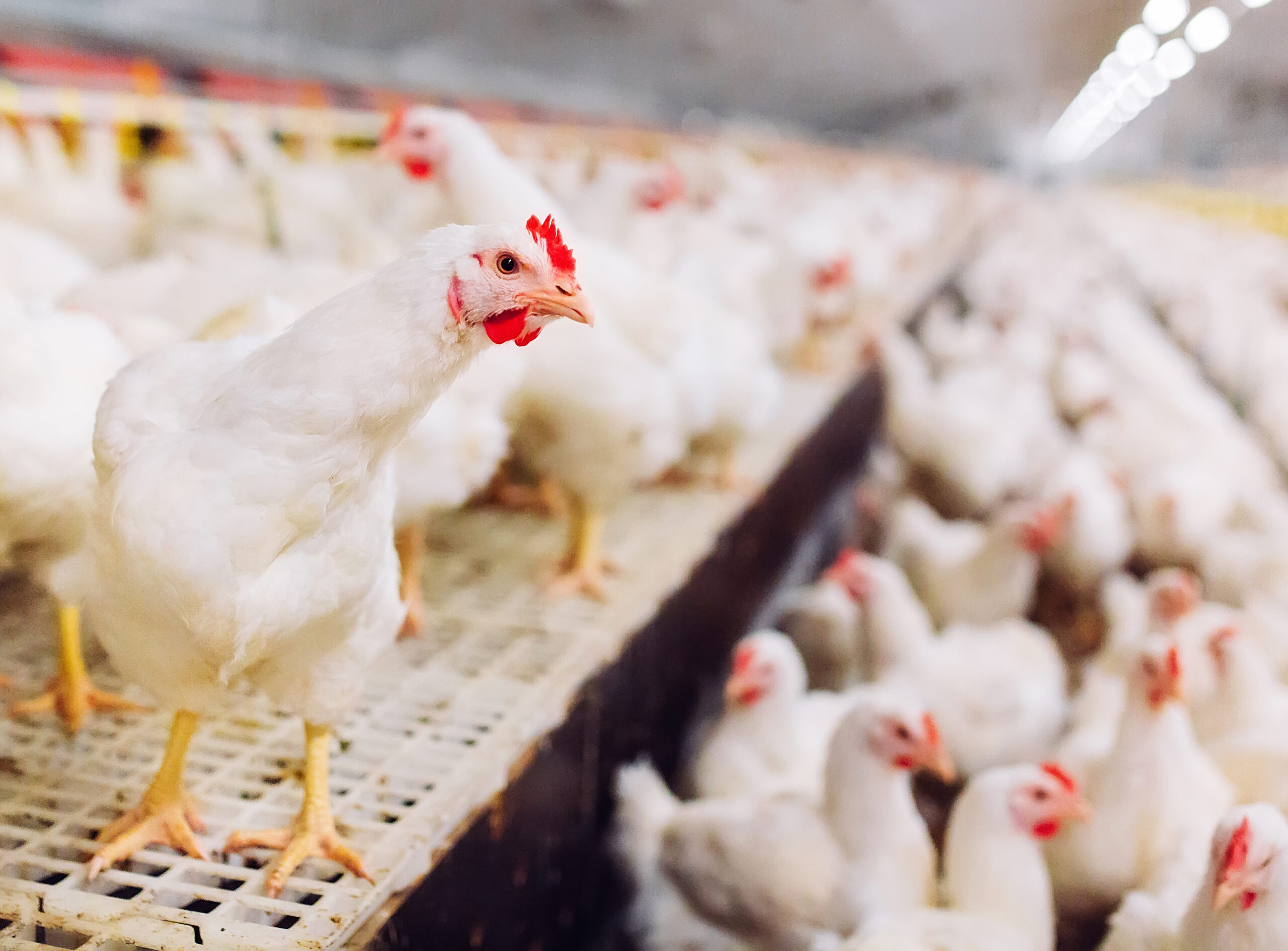
Health officials have confirmed Canada’s first human case of avian influenza.
The case involves a teenager within the Fraser Health health authority area of British Columbia who has tested positive for the H5 strain of the virus.
The patient was receiving care at British Columbia Children’s Hospital over the weekend while public health authorities began an investigation to determine the source of exposure and identify potential contacts.
“This is a rare event,” Dr. Bonnie Henry, British Columbia’s provincial health officer, said in a statement. “While it is the first detected case of H5 in a person in British Columbia or in Canada, there have been a small number of human cases in the U.S. and elsewhere.”
The initial positive test was performed at the British Columbia Centre for Disease Control’s (BCCDC) Public Health Laboratory, with samples now being sent to the National Microbiology Laboratory in Winnipeg for confirmatory testing.
davit85/Getty
Canada’s Minister of Health, Mark Holland, told the public in a post on X (formerly Twitter) that the risk to them “remains low.”
“The Public Health Agency of Canada and BC partners, including BC Centre of Disease Control, Office of the Provincial Health officer are working together and will remain in close contact to protect Canadians,” Holland wrote.
The case comes amid unprecedented global spread of the H5N1 avian influenza virus since 2022, a British Columbia government statement said. In that province alone, at least 22 infected poultry premises have been identified since early October 2024, along with numerous cases in wild birds and small mammals including skunks and foxes.
The source of exposure in this case is believed to be from contact with an infected animal or bird, rather than human-to-human transmission.
A multiagency investigation involving Fraser Health, British Columbia CDC, British Columbia Children’s Hospital, and various provincial health and agricultural authorities is underway.
Health authorities are urging the public to take several preventive measures to protect themselves and their communities.
They recommend staying up to date with vaccinations, especially the seasonal flu shot, to boost immunity. People should also avoid contact with sick or deceased animals, including their droppings, and keep pets away from any animals that appear unwell or have died.
Additionally, authorities advise reporting any sightings of sick or dead birds or animals to local agencies, ensuring timely responses to potential health risks.
Officials are monitoring the situation closely, as influenza viruses can adapt and change when different strains mix. There have been no additional cases identified at this time, and public health teams are following up with any individuals who may have been exposed.
This development comes as part of a broader pattern of H5N1 infections across North America, which has affected not only birds but also various mammals including dairy cattle, foxes, skunks, and marine mammals.
However, British Columbia officials noted that there have been no cases reported in dairy cattle within the province, and no evidence of avian influenza in milk samples.
In the U.S., a total of 46 human cases have been reported, mostly linked to dairy cattle and poultry farms.
The public is encouraged to watch for symptoms of influenza-like illness, particularly if they have been in contact with sick or dead animals within the past 10 days, and to inform their health care provider of any such exposure.
Is there a health problem that’s worrying you? Let us know via health@newsweek.com. We can ask experts for advice, and your story could be featured in Newsweek.
